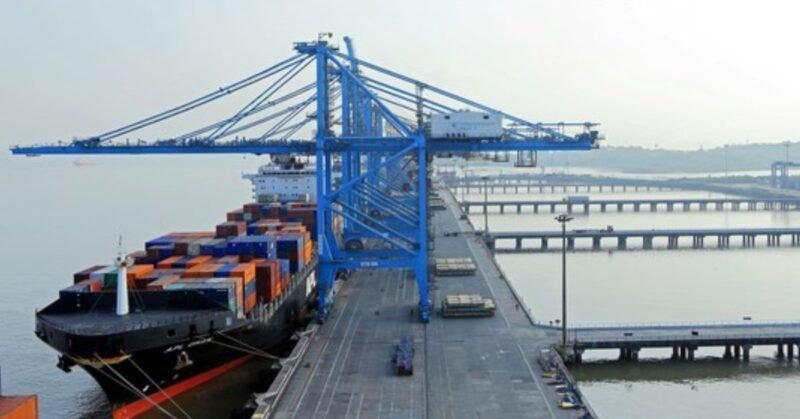The shipping ministry is aiming to transition to an 80 per cent landlord model by the end of the decade to enhance efficiency and lower logistics costs at major ports. In this model, private players would handle operational aspects, while the port authority would serve as a regulator and landlord, overseeing the operations. Jawaharlal Nehru Port (JNPT) has already achieved a 100 per cent landlord port status, with all berths being operated under a public-private partnership (PPP) model.
Ports, Shipping, and Waterways Secretary TK Ramachandran shared these developments at the CII Annual Business Summit 2024. The ministry is focused on key pillars such as developing port-based industrial clusters, investments in the maritime sector, promoting PPPs, and enhancing multi-modality to improve the cost and ease of doing business in the sector. Over the past decade, India has significantly increased its national waterways from five to 111, with reforms in laws and concession agreements to make them more private sector, banking, and investment-friendly.
The ministry’s efforts aim to attract more private investments, streamline operations, and boost the maritime sector’s growth. By shifting towards the landlord model, major ports can leverage private expertise for more efficient operations while maintaining regulatory oversight. The focus on industrial clusters and multi-modality is expected to further enhance the competitiveness of Indian ports and contribute to the overall growth of the shipping and logistics industry in the country.







